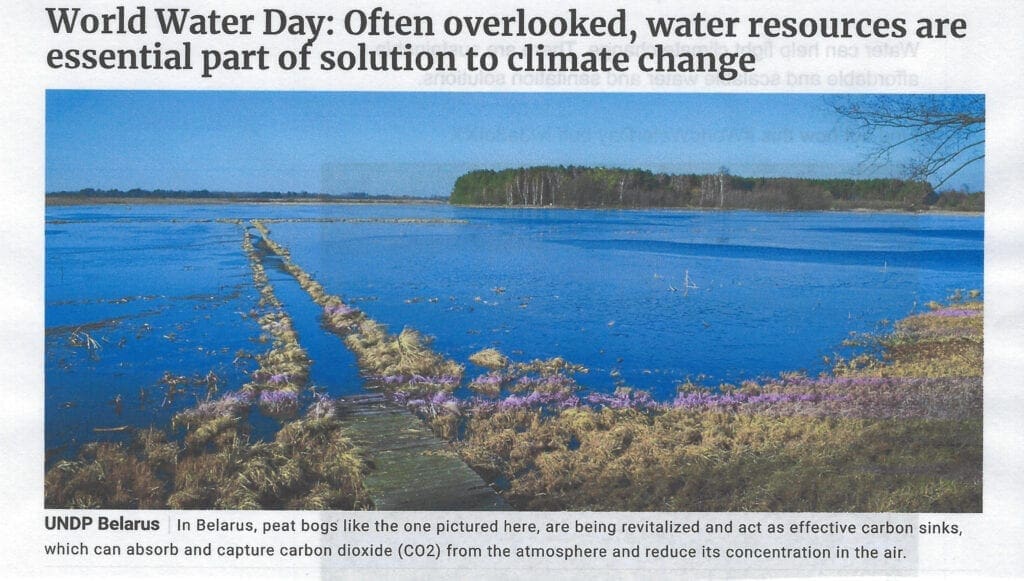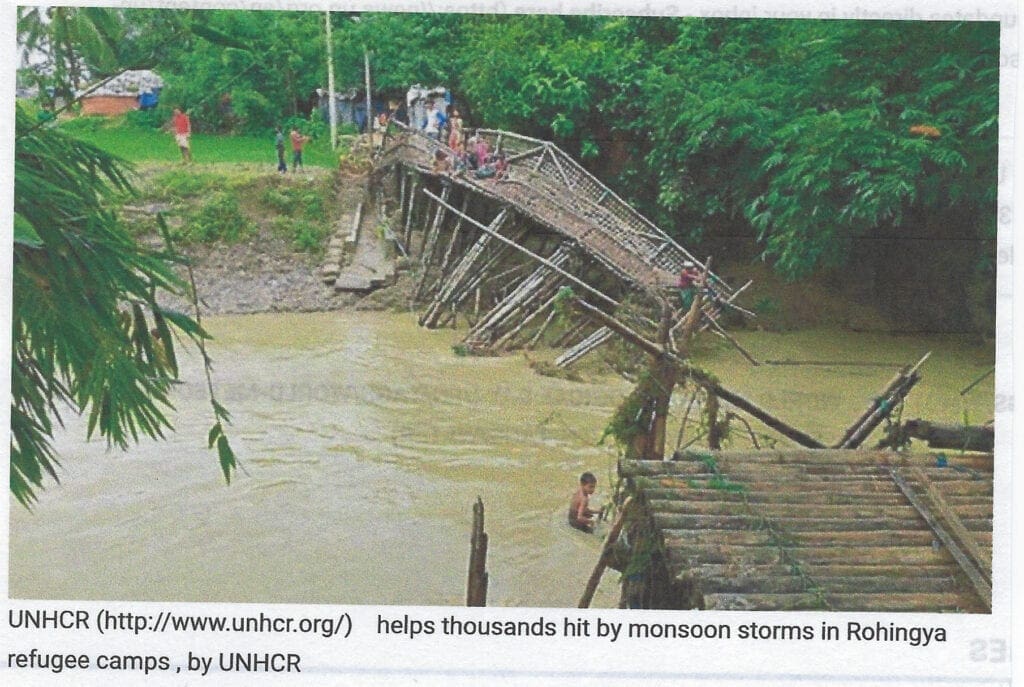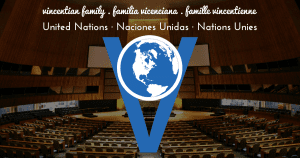
As I’m sitting at my computer, writing this on World Water day (March 22, 2020), I’m very much aware of the discrepancies throughout our world, our shared planet.
I sit in my home, the 25th floor of a Manhattan high-rise, waiting for the laundry to finish.
The laundry room is located on the first level of my apartment building. In my part of the world, all I have to do is ride an elevator down to a clean, well maintained laundry room. I know there will be adequate hot water, and electricity, and my chore of laundering my clothes will be completed within two hours.
When the boys were little, I yearned for my own machines, in my own apartment (not permitted in my building). I have to be honest, I wasn’t in tune with the rest of the world at that time.
I am now.
In so many parts of the world, getting clean clothes, bedding and towels is an all-day event. Women carry heavy piles of laundry great distances in order to reach the water supply. Then they spend backbreaking hours hand washing their clothes.
We have great discrepancies in our world. Life is so easy for many, and extremely difficult for many more.
A couple of weeks ago, on March 9th, the Commission on the Status of Women was scheduled to begin. We all were looking forward to two weeks of meetings and side events focused on the lives of women, globally, their triumphs and hardships would be discussed and highlighted. Unfortunately, with the Coronavirus, Covid-19 about to explode, the wise decision was made to cancel CSW 2020. A great disappointment to all of us, most especially the many people who spent countless hours planning this event, and the thousands of people, mostly women who planned to be in New York City for such a beautiful opportunity for education as well as bonding with other women from around the world. Every year the UN Women plan a comprehensive program that we all look forward to.
Among the discussions, while not the main theme of this commission, would have been the increasing instability of our water supply.
According to the 2020 UN World Water Development Report, compiled by the UN Educational, Scientific and Cultural Organization (UNESCO (https://en.enesco.org/)) in collaboration with UN Water (www.unwater.org), two of the most critical crises the world will continue to face over the next several decades will be climate change and water (in)security. Their report provides knowledge and tools to design sustainable water policies, as well as calling for increased investment in order to put them into practice.
The Director-General of UNESCO, Audrey Azoulay has said, “The word ‘water’ rarely appears in international climate agreements, even though it plays a key role in issues such as food security, energy production, economic development and poverty reduction.”
She further stressed, “This potential of water must be explored, given that our actions to reduce global warming are currently lagging behind our ambitions, despite wide adherence to the Paris Agreement…”

When announcing World Water Day, the Secretary General-Antonio Guterres said that climate and water are, “inextricably linked. Both lie at the heart of global goals on sustainable development, climate change and disaster risk reduction.”
“Water is one of the most precious commodities of the 21st century. National Meteorological and Hydrological Services will be central to efforts to ‘count every drop, because every drop counts.’”
Water insecurity, or water stress, is caused in part by changing weather patterns.
WMO’s report, the Statement on the State of the Global Climate in 2019, which they released on March 10th showed that climate change was having major impact on ALL aspects of our environment, including the health and wellbeing of the global population.
There have been extreme weather events, globally in 2019, such as the driest year on record in Australia, monsoon rains, and floods in India, with deadly results.
And with the deadly COVD-19 spreading rapidly throughout the world currently, water becomes an even more important commodity! We’re told to wash our hands frequently, a nearly impossible task in so many parts of the world.
Worldwide humanitarian workers are doing all they can to shield the most vulnerable from the rapidly spreading COVD-19 virus. They are calling for more action to protect those most at risk, women and children, the displaced, and those with disabilities., especially those in was zones, where life is already extremely difficult.
Secretary General Antonio Guterres is calling for a worldwide ceasefire, allowing humanitarian workers access to those living in displaced persons camps and areas of conflict.
As people of faith, our Vincentian Family, how are we to respond to this crisis? I leave that to each of you to decide for yourselves.
For me, I continue to make myself aware of my sisters and brothers, globally who are living through unimaginable times.
And I pray.
Pattie Hughes, SSVP at the United Nations








0 Comments